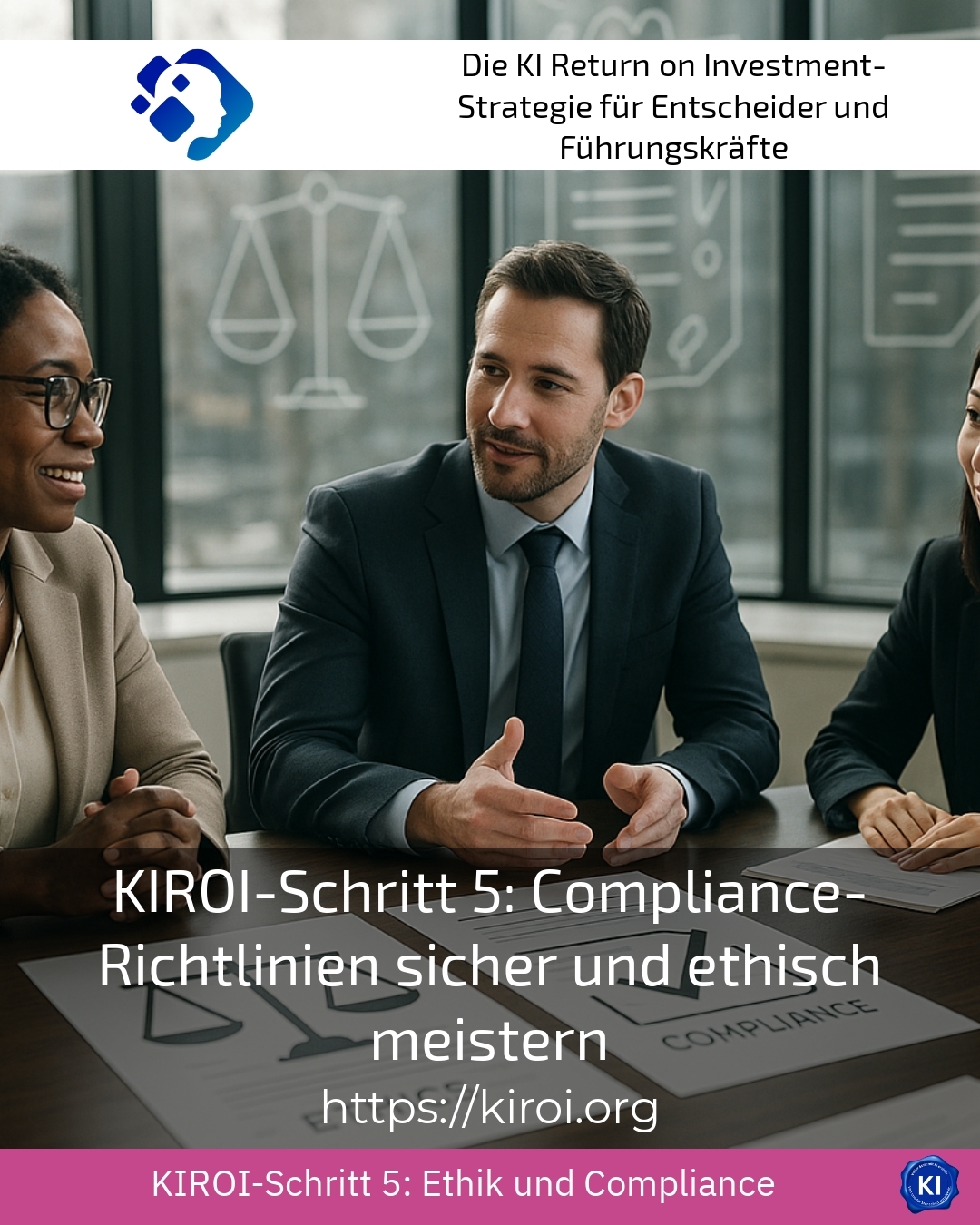Compliance with Compliance guidelines is indispensable for companies of all sizes and in all industries. They help to fulfil legal and ethical requirements reliably and comprehensibly. Systematic monitoring helps to minimise risks and make action processes transparent, especially for projects that involve complex specifications and internal standards. Below you will find practical tips on how these important rules can not only be adhered to, but also utilised as an opportunity for greater integrity and trust.
Understanding and anchoring compliance guidelines
Defining the core Compliance guidelines Binding framework conditions that guarantee companies that all activities are legally compliant and ethical. This is not just about complying with the law, but also about promoting internal values such as fairness, transparency and a sense of responsibility. In practice, these rules can be found in areas such as data protection, occupational safety, financial control and environmental protection.
A medium-sized company from the mechanical engineering sector reported that the introduction of clear guidelines for documenting production processes not only reduced error rates, but also increased employee motivation as responsibilities became clearer. At the same time, an insurance agency uses compliance guidelines to protect sensitive customer data and thereby build a strong relationship of trust. In a digital services agency, on the other hand, correctly implemented expense management prevents misconduct and ensures transparent billing.
Practical implementation: compliance guidelines in everyday life
The mere formulation of Compliance guidelines is not enough. Practical implementation is crucial. This includes the continuous training of employees to ensure that all rules are understood and are brought to life. Communication must be open so that questions can be clarified quickly and uncertainties reduced. Equally important are monitoring mechanisms for the early detection of deviations and a culture that encourages employees to report violations without fear of sanctions.
A financial services provider therefore set up an anonymous reporting system, which employees use intensively to report irregularities. A logistics company also found that regular workshops increased awareness of ethical behaviour and thus significantly reduced compliance violations. A medium-sized software developer also established clear escalation channels that help to make the right decisions quickly in the event of uncertainties.
BEST PRACTICE with one customer (name hidden due to NDA contract) The managers of a manufacturing company asked for support in order to implement compliance guidelines safely. By working closely with all departments, it was not only possible to make existing processes transparent, but also to create practical guidelines that are supported by all employees. This enabled the company to fulfil its legal and ethical responsibilities to a greater extent and secure competitive advantages.
Promoting ethical behaviour and a sustainable compliance culture
The challenge is to ensure that compliance is not seen as a chore, but as an integral part of the corporate culture. Risks can only be minimised in the long term if ethical principles are incorporated into everyday life. Some companies therefore incorporate additional codes of conduct that clearly communicate the values to which they are committed. For example, an energy company strengthens its loyalty to customers and partners by also defining responsibility for environmental sustainability as a compliance objective.
It is also important to an IT company that all employees are open to compliance training and understand the rules as a guide to professional behaviour. In the healthcare sector, on the other hand, compliance guidelines are essential to ensure patient safety and uphold medical ethical standards. Most companies that open themselves up to the support of experienced coaches report remarkable improvements in daily implementation.
Supporting compliance guidelines with transruption coaching
The complexity of modern compliance requirements requires individualised support. Transruption coaching supports companies in systematically tackling challenges and sustainably anchoring changes. This method promotes the sensitisation of all those involved at all levels of the company and supports projects with practical solutions.
In practice, coaching helps to reduce internal resistance, improve communication structures and implement the respective compliance requirements in line with the corporate cultural context. One retail company used this external support to adapt its international reporting to the various regulatory requirements. At the same time, a service company strengthened its internal compliance communication through coaching. Another example shows a manufacturing company that implemented its environmental and safety guidelines more efficiently.
My analysis
Compliance guidelines are more than just formal requirements. They guide companies on the path to legally secure and ethically responsible decisions. The combination of clear rules, open communication and a practised corporate culture is the key to success. Practical experience from various industries proves that professional coaching and individual support provide valuable impetus. In this way, the implementation of compliance guidelines does not remain abstract, but becomes an active part of corporate behaviour.
Further links from the text above:
[1] How to implement compliance guidelines effectively
[3] Explanation of terms: Compliance guidelines
[9] Compliance guidelines - Company
[13] Compliance guidelines - every company should have these 6
[11] Compliance: definition & importance for companies
For more information and if you have any questions, please contact Contact us or read more blog posts on the topic Artificial intelligence here.















